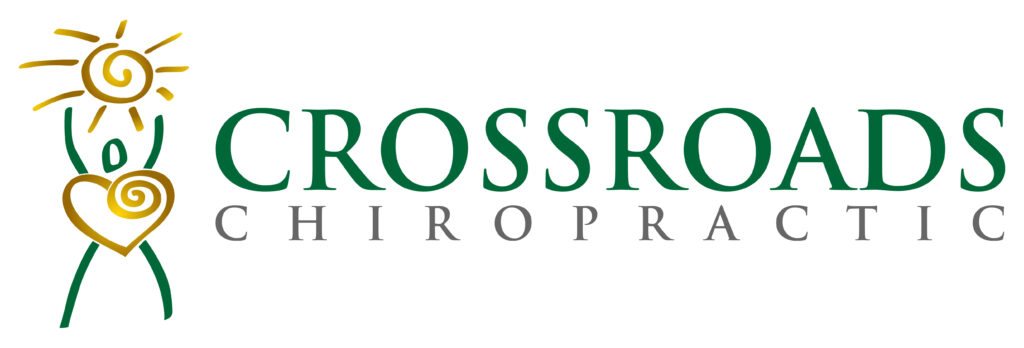While out on a long run recently, a friend and I chatted about many different topics under the sun to help ease the miles. At one point, the topic about negativity and being in a funk came up. She had told me that recently she found herself in a bit of a funk at work, with the combination of things not going right (happens to us all, right?) and hearing negativity from fellow co-workers. She asked me what I did to pull myself out of a negative funk and turn my mindset and day into a more positive one. Honestly, without hesitating, I answered that when I realize I’m spinning down the negative rabbit-hole, I ask myself this simple question: What is going right today? It almost seems too easy and simple a question, I know, but it’s amazing how it can help turn your mindset (and attitude!) around.
Positive thinking starts with positive self-talk. We all know that self-talk is that endless stream of thoughts that continuously run through our heads. These thoughts can either be positive or negative, some of this self-talk comes from logic and reason while other parts can come from misconceptions we create from a lack of understanding or information. Positive self-talk creates an optimistic viewpoint while negative self-talk creates a pessimistic view-point.
Positive thinking doesn’t only just help us enjoy our days better, it also has impacts on our overall health. Researchers are continuously exploring the effects that positive thinking and optimism have on our health. Some benefits that positive self-talk can have are:
-Increased life span
-Lower rates of depression
-Lower levels of distress
-Greater resistance to the common cold
-Better psychological and physical well-being
-Reduced risk of death from cardiovascular disease
-Better coping skills during hardships and times of stress
It’s not entirely clear why those who have positive self-talk express these health benefits, however one theory is that optimistic people tend to have lower levels of stress. Since it’s known that stress plays a role in health issues as well as inducing unhealthy lifestyle choices in us, then it makes sense that positive thinking will help us stay healthy. Optimistic people tend to exercise more and make healthier eating choices which, obviously, plays a role in being healthier overall.
As we kept running and discussing this topic, she shared some strategies she had read about to help focus on positive thinking. (Let’s be honest, positive thinking doesn’t just happen overnight and not everyone is positive all the time!). Some of the things she shared was to check in with yourself throughout the day. If you find your self-talk is heading in the negative direction, then find something good to help turn it around. Another strategy is to identify areas that need change; meaning if you always have negative viewpoints/self-talk about your commute, then work to change that. Find something positive in the situation (you have a car and don’t need to walk or take a bus to work) to help turn it around. Being open to humor is a huge help in the realm of positive thinking…even if something is difficult, if you can find humor in it and be able to laugh at life then things don’t seem so bad. Another big one is to surround yourself with positive people. We tend to be like those we spend the most time around, so do your best to have positive people around you most of the time. And, as I mentioned earlier, do your best to start your day with some positive self-talk, find those things in life that you’re happy with and thankful for and let those anchor you in being optimistic.
When we finished our run, we both realized that a huge thing for us was the ability to get out and exercise. I know for myself, that if my day isn’t going that well and I can sneak a run or a walk in, then it’s like re-set button for me. Just having a little bit of time to myself, in the outdoors and letting some exertion out can help re-set that negative mindset into a positive one. I hope this helps everyone find some tips on how to have more positive self-talk and on the reasons why it’s so important.
In Health,
Dr Jen
